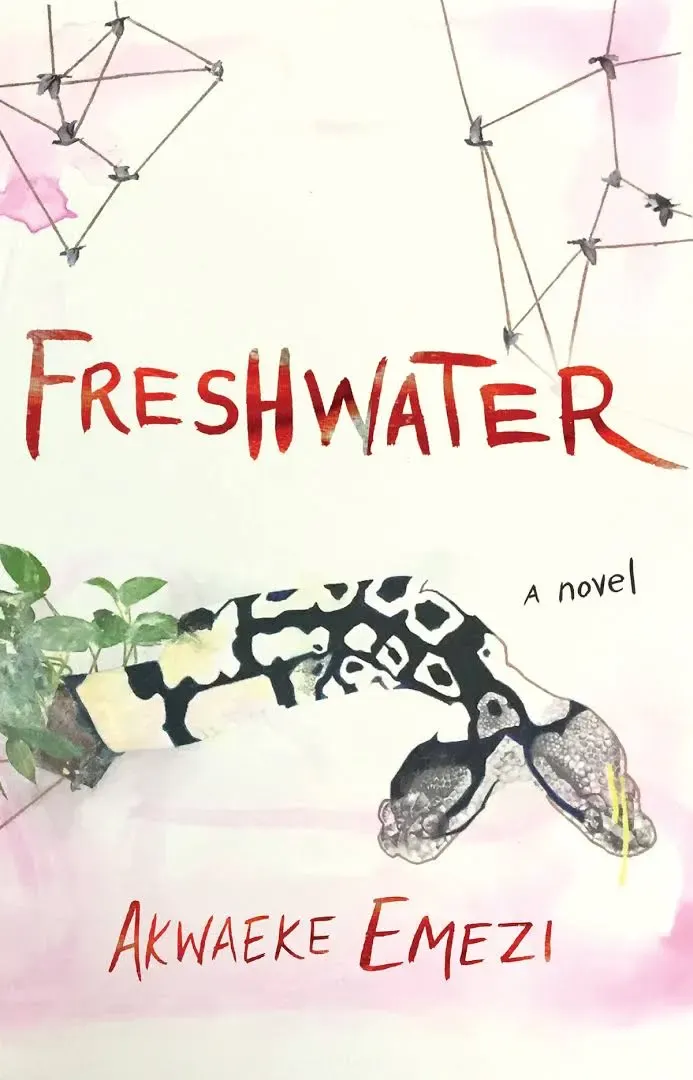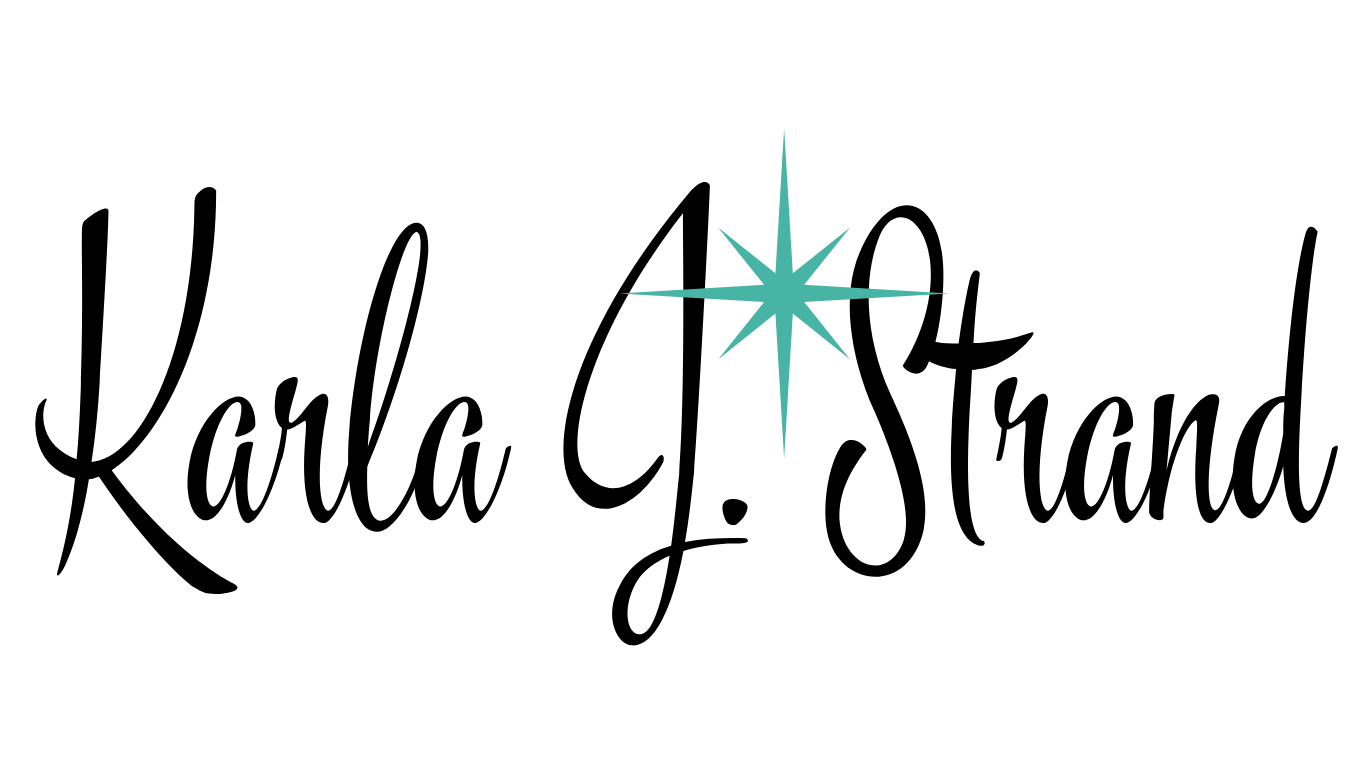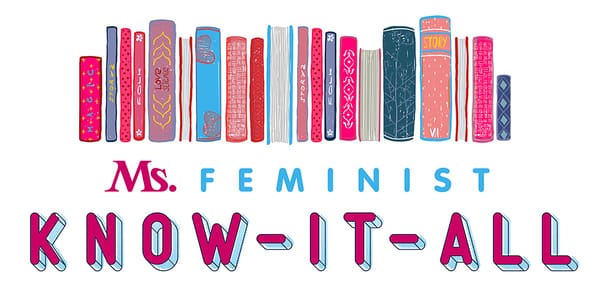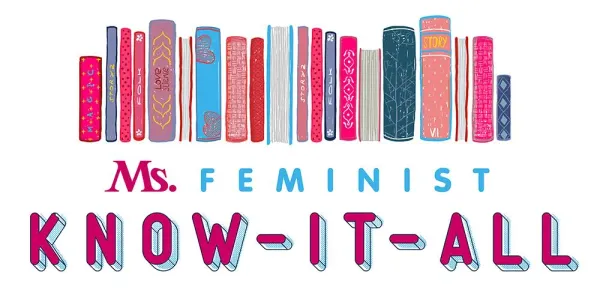Drink It In: A Review of Akwaeke Emezi's FRESHWATER
A review of Akwaeke Emezi's FRESHWATER from my 2018 blog.

This review was originally published for my blog on Feb. 13, 2018. I've lightly edited it for this post.
Freshwater is captivating, dynamic, and wise. At once, Akwaeke Emezi is able to frighten and confound their reader with a writing style that is intense and poetic. The raw honesty with which Emezi frames their debut book grabbed me by the throat and compelled me to continue reading, catching my breath as I turned each page.
Freshwater is the semi-autobiographical story of Ada, a Nigerian girl who was always a bit different from other children. She was a challenging child for her parents, who worried about her precocious and fractured existence. Throughout her life and the book, Ada speaks through her various selves, which Emezi frames within the Igbo (Nigeria) tradition of ogbanje. According to Sunday T.C. Ilechukwu, ogbanje is:
While I don’t recall Emezi referring to any babies or children dying before Ada was born, Emezi’s focus on rebirth in the book aligns with traditional notions of ogbanje. Traumatic events occur to Ada and her siblings that are designed by her embodying entities to break them. The strength of Ada and her siblings, as well as Ada’s ties to certain deities, are imperative to getting them through these trials.

Some reviewers of Freshwater have referred to ogbanje as demons or evil spirits that possess Ada and cause her to have a mental breakdown, but I don’t agree with this. I see Ada herself as an ogbanje and Emezi as exploring their own identities through this character. Emezi has dealt with gender dysphoria their whole life, to the point where they wondered if they weren’t an ogbanje. They have had to examine their identities and determine how to navigate a world in which these identities may be judged as deviant or sinful. As Emezi made decisions about their physical body, they faced Nigerian (and, I’m guessing, Western) criticisms of what is sometimes seen as the mutilation of their body while, in reality, it was what Emezi needed to do to authentically align their inner and outer selves.
Emezi is masterfully able to evoke the dark emotions and confusion Ada experiences and bring to light her complicated codependence upon her various selves or ogbanje. At times, Emezi conjured feelings of sympathy and understanding in me for them. By the time Ada gets to the US to attend college, a being called Asụghara is the most prevalent of Ada’s selves and is the most reckless and fearless of them all. Asụghara is content to live out their sexual compulsions through Ada’s body. As she grows, Ada surrenders to her various identities, but it’s important to remember that surrender is not always a weakness or loss. I believe Ada is finally able to make peace with her multiple selves and work with them in order to live a balanced and authentic life. Perhaps pathological in Western views, the truth is that most of us could point to multiple identities through which we scroll and choose the one that will serve us best at different times in our lives. Some of us, though, like Ada/Emezi, might be more misunderstood and challenged than others to the point where it feels as though the dark side possesses a power over us that will not let go.
At times disquieting to read, Freshwater takes on challenging topics such as identity, mental illness, self-harm, sexual assault, suicide, and more. Emezi has a style of writing that is deliberate and exacting; I felt as though each word was painstakingly chosen so as to illustrate Ada’s splintered and exigent existence.
At times, the book reminded me of Chinua Achebe’s Things Fall Apart and Toni Morrison’s brilliant Beloved in its fearful reverence of ancestral relationships, tradition, and spirituality. Emezi uses the Igbo tradition of ogbanje as a framework for a cogent exploration of identity formation and evolution, how we wear masks throughout life to deal with and make sense of pain, and how we exhibit bravery in the face of fear.
In the end, I found Freshwater to be bold, challenging, and unique. It touched places of fear and pain within me but it also made me recall delicious moments of audacity and triumph. I gagged on the sticky, jagged chunks of this book and I long to read it again and swallow it whole because I know there is so much more there to be digested.
I can’t wait to devour more of what Akwake Emezi is serving up.
Find Akwaeke Emezi online at https://www.akwaeke.com/ and on Twitter @azemezi.
For further reading:
- Aji, A., & Ellsworth, K. (1992). Ezinma: The “Ogbanje” Child in Achebe’s “Things Fall Apart”. College Literature, 19/20(3/1), 170-175. Retrieved from http://www.jstor.org/stable/25111997
- Apte, P. (2018). Freshwater. [A review of the book Freshwater]. Booklist. Retrieved from https://www.booklistonline.com/Freshwater-Akwaeke-Emezi/pid=9066792
- Bryant, T. (2018). Akwaeke Emezi On Writing Even When You’re Scared. Nylon. Retrieved from https://nylon.com/articles/akwaeke-emezi-freshwater-interview
- Chutel, L. (2018). A writer’s account of transitioning and transcending gender shows being trans is not un-African. Quartz. Retrieved from https://qz.com/1184861/a-writers-account-of-transitioning-and-transcending-gender-shows-being-trans-is-not-un-african/
- Emezi, A. (2018). Transition: My surgeries were a bridge across realities, a spirit customizing its vessel to reflect its nature. The Cut. Retrieved from https://www.thecut.com/2018/01/writer-and-artist-akwaeke-emezi-gender-transition-and-ogbanje.html
- Ilechukwu, S. C. (2007). Ogbanje/abiku and cultural conceptualizations of psychopathology in Nigeria. Mental Health, Religion & Culture, 10(3), 239-255. doi:10.1080/13694670600621795
- Ogunyemi, C. (2002). An Abiku-Ogbanje Atlas: A Pre-Text for Rereading Soyinka’s “Aké” and Morrison’s “Beloved”. African American Review, 36(4), 663-678. doi:10.2307/1512424
- Review of the book Freshwater. (2017). Publisher’s Weekly. Retrieved from https://www.publishersweekly.com/978-0-8021-2735-8
- Wilkins, L.C. (2018). Freshwater: A battle within. [Review of the book Freshwater]. BookPage. Retrieved from https://bookpage.com/reviews/22264-akwaeke-emezi-freshwater#.WoCCz-jwbIU

Title: Freshwater
Author: Akwaeke Emezi
Publisher: Grove Press
Pages: 240
Publication Date: February 13, 2018
My Rating: Essential
Disclosures:
I received this ebook from NetGalley; thanks, NetGalley. This review is honest and my own.
This review contains affiliate links. Support independent booksellers!




